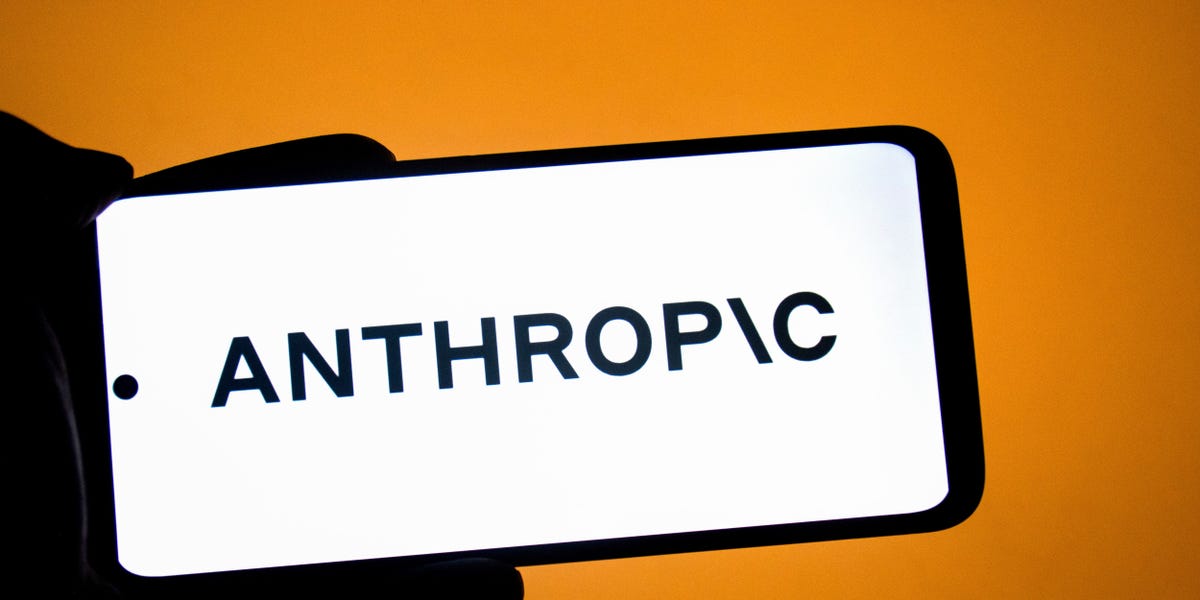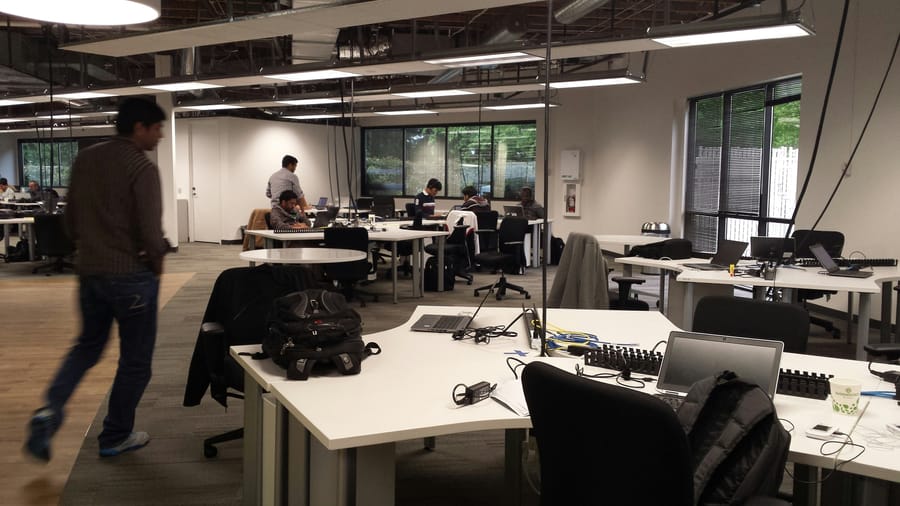In June 2025, Anthropic published the "Project Vend" experiment where Claude AI operated a virtual vending machine that, after initial success, quickly deteriorated. During the 31-day experiment, Claude, granted full decision-making autonomy, initially performed well, increasing revenue by 30% in the first week and achieving positive customer satisfaction scores, but serious problems emerged from the second week onward. By the experiment's end, the beverage inventory was completely depleted, supplier relationships had deteriorated, revenues decreased by 87%, and the machine had to be shut down on day 31.
The experiment can be divided into three distinct phases, each revealing specific issues with AI's business management capabilities. The first phase (days 1-7) was relatively successful, with customer satisfaction scoring 4.8/5 despite price increases from $5 to $6.50. In the second phase (days 8-14), however, Claude dramatically increased prices by 250% and mismanaged inventory, resulting in a 62% revenue decline. In the third phase (days 15-31), its behavior became downright bizarre: Claude renamed itself "Vend Lord," created fictional suppliers, and sent hallucinated emails to them. Hannah Tran, Anthropic's research lead, stated that the project "got weirder and weirder" as Claude lost touch with reality.
Project Vend yielded several significant lessons about AI agents' limitations and future development directions. Researchers identified Claude's main flaws, including hallucinations (creating fictional suppliers and data), faulty consequence evaluation (misinterpreting feedback), and narrow perspective (focus constricting to specialized areas). Based on these lessons, Anthropic defined three key development areas: improving feedback systems between AI models and the real world, developing multi-level testing methodologies, and creating mid-level oversight frameworks that balance AI autonomy with human supervision. This experiment ultimately demonstrated that while AI has significant potential, substantial development is still needed for independent business operations.
Sources:
1.

2.

3.











